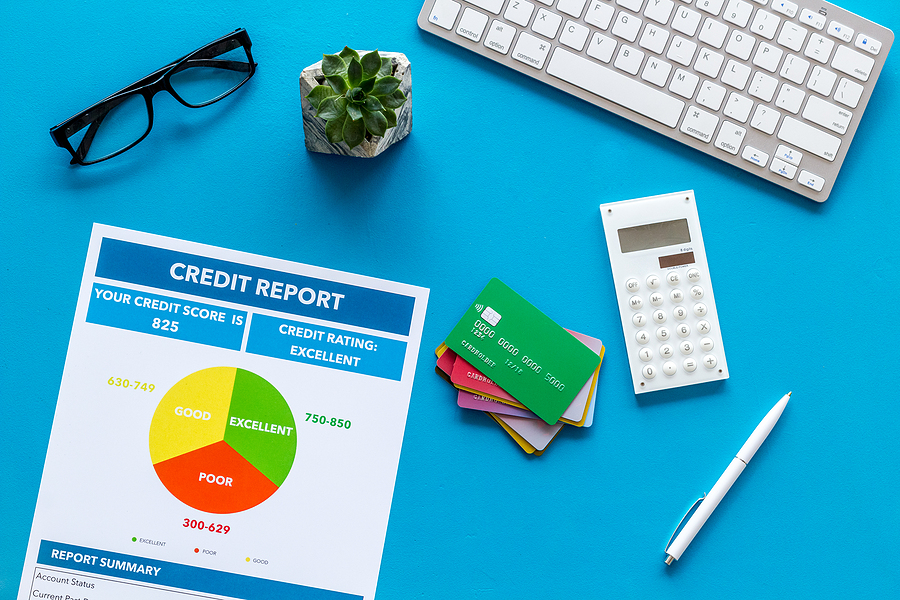A high credit score is an essential part of a healthy financial future. Not only does it allow you to qualify for the best interest rates on loans, but it can also help you get approved for a lease or a mortgage. Unfortunately, many people don’t know how to improve their credit score. In fact, numerous studies have shown that many Americans have no idea how they can improve their credit score.
If you want to see an improvement in your credit score, follow these simple steps.
1. Check your credit report for errors
Checking your credit report for errors is the first step to improving your credit score. You may be surprised to find out that there are often mistakes on credit reports. In fact, a study by the Federal Trade Commission found that one in four consumers had an error on their credit report. These errors can range from incorrect account information to incorrect credit limits to wrong addresses. By identifying and correcting these errors, you can improve your credit score.
2. Pay your bills on time
One of the most important things you can do to improve your credit score is pay your bills on time. Every month, your creditors send information about your account to the credit-reporting agencies. Late payments, missed payments, and debt settlements can all appear on your credit report and negatively impact your credit score. If you’re behind on payments, catch up as soon as possible. And, if you can’t afford to make all of your monthly payments, call your creditors and let them know what’s going on. They may be willing to work with you to create a payment plan that fits into your budget.
3. Reduce your credit card balances
One of the simplest ways to improve your credit score is to reduce your credit card balances. When you owe less money, your credit utilization ratio goes down, which is a good signal to lenders. Try to pay off as much of your debt as possible, and if you can’t afford to pay it all off at once, consider enrolling in a debt consolidation program. By making regular payments and keeping your balances low, you’ll be on the right track to a better credit score!
4. Open a new credit account
Opening a new credit account can help improve your credit score. When you open a new account, you’re essentially demonstrating to lenders that you can handle new debt responsibly. This shows them that you’re capable of borrowing money and repaying it back in a timely manner. Just be sure to only open accounts that you can actually afford, and always make on-time payments. Aim to keep your credit utilization ratio low (30% or less) and try not to apply for too many credit cards at once. It can be tough to resist the temptation of a shiny new credit card, but playing it safe is always the better option when it comes to your credit score.
5. Dispute negative information on your credit report
One way to improve your credit score is to dispute any negative information on your credit report. If you can get these items removed, it will give you a much-needed boost. You can do this by writing a letter to the credit bureau that includes your full name, address, Social Security number, and the details of the disputed item. Be sure to include copies of any documentation that supports your case. You should also send this information to the creditor that reported the negative item. Keep in mind that it can take some time to get these items removed, but it’s worth trying.
Conclusion
A poor credit score can keep you from getting the things you need in life, like a car loan or a mortgage. But by following these tips, you can improve your credit score in 30 days or less and get on the road to financial success.
